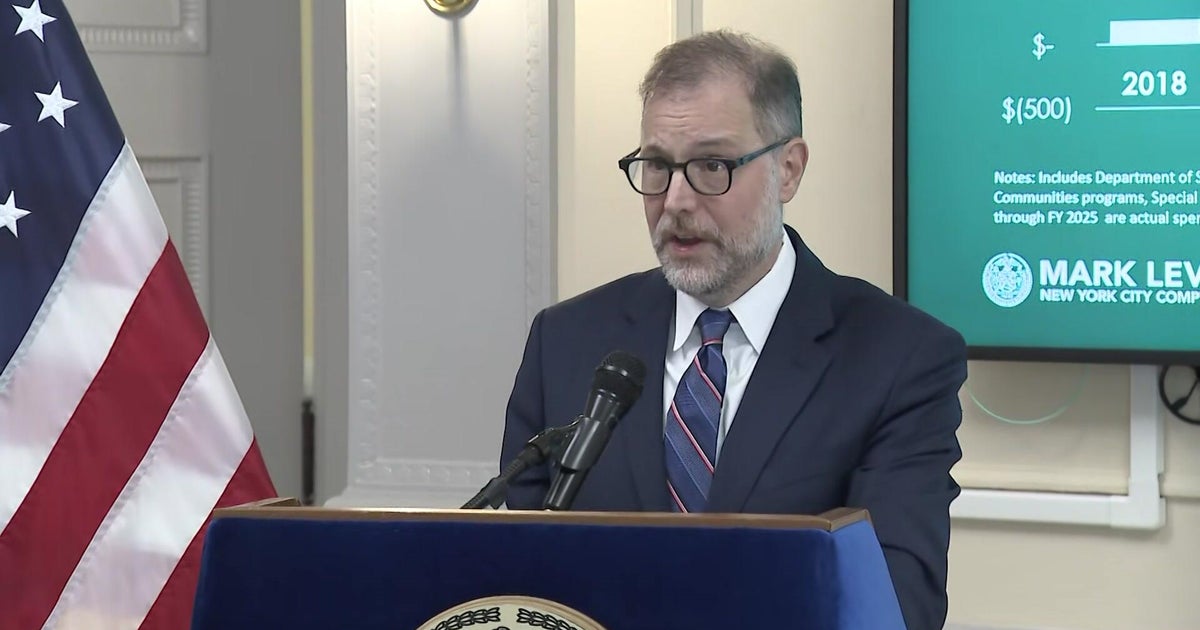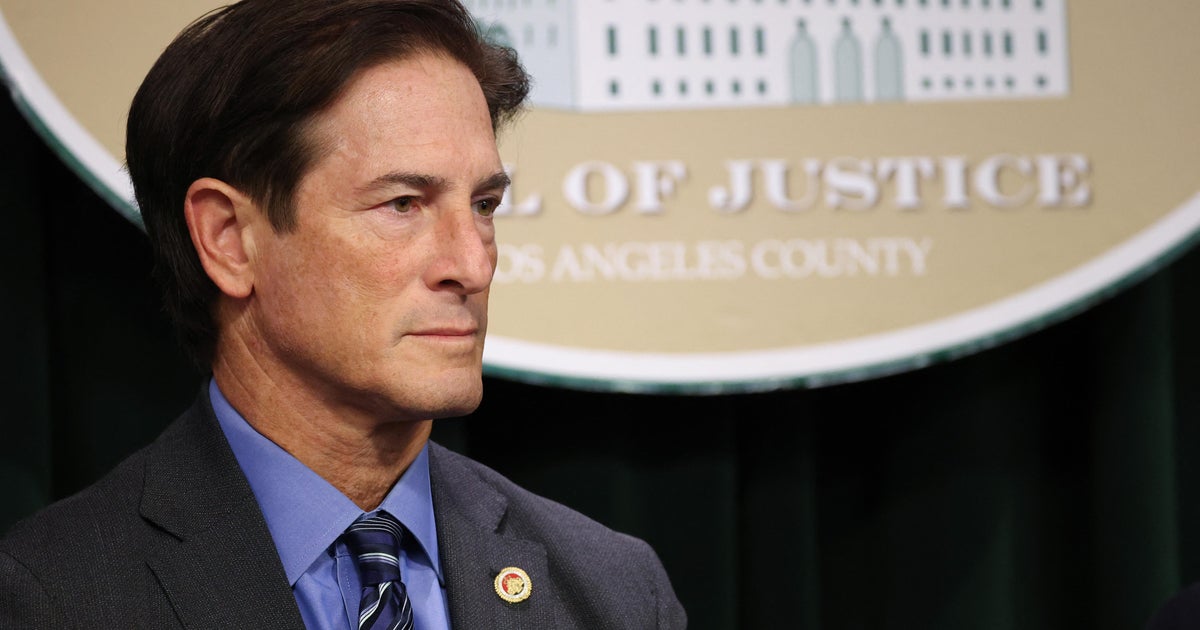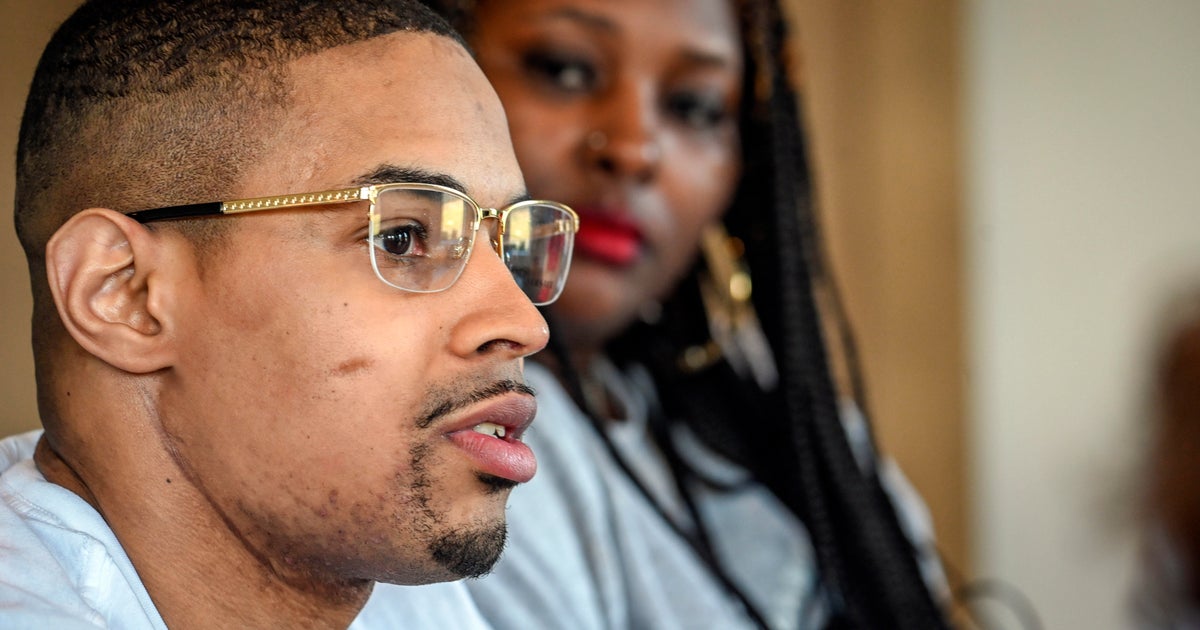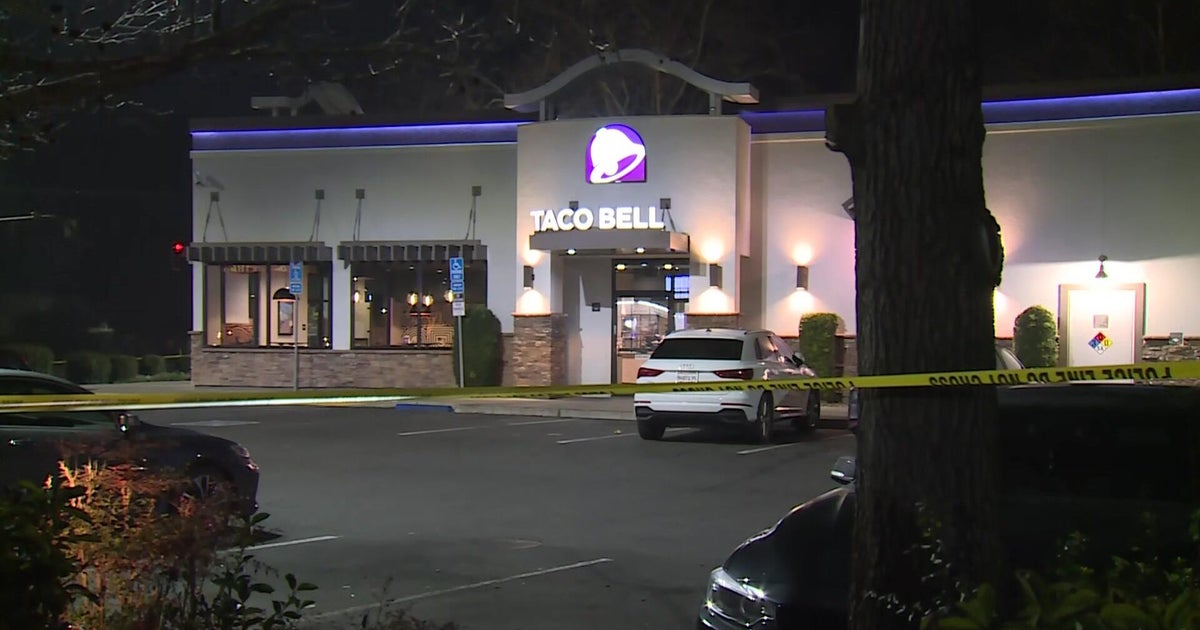NYC facing lawsuit over IVF treatments for gay city employees. Hear from the couple fighting for what they call "a human right."
NEW YORK -- A historic class action lawsuit filed by a same-sex couple this week demands New York City's health plan cover the costly IVF treatments needed for them to become biological parents.
Attorneys representing Corey Briskin and Nicholas Maggipinto say when Briskin was employed as an assistant district attorney in Manhattan in 2021, he was denied the same IVF benefits that the city offers female city employees and male city employees who have female partners.
Couple calls for NYC to offer IVF benefits to gay male city employees
Briskin and Maggipinto say they have been wanting to have biological children for years.
They already have a surrogate but each cycle of in-vitro fertilization, or IVF, to conceive could cost tens of thousands of dollars because under the city's health plan, they, as a gay couple, don't qualify for coverage.
Briskin and Maggipinto are now suing the city over this on the grounds of discrimination.
"What we're fighting for is equality in the context of a human right as we see it," Briskin said.
"The city will enfranchise those who are capable of being parents, but that doesn't include gay men," Maggipinto said.
A City Hall spokesperson sent CBS New York the following statement:
"The Adams administration proudly supports the rights of LGBTQ+ New Yorkers to access the health care they need. The city has been a leader in offering IVF treatments for any city employee or dependent covered by the city's health plan who has shown proof of infertility, regardless of gender identity or sexual orientation. The city will review the details of the complaint."
"It's misleading at best to say that they provide benefits regardless of sexual orientation when we're never eligible from the get-go. This is not a hurdle, rather, it's a complete barrier to entry," Maggipinto said.
But they remain optimistic. The couple has since heard from others in the same situation, and others who gave up years ago.
"To think that there were families that could've been built but weren't is really disheartening," Briskin said.
The couple says if the timing were up to them from the beginning, their kids would have been 8 years old by now.







